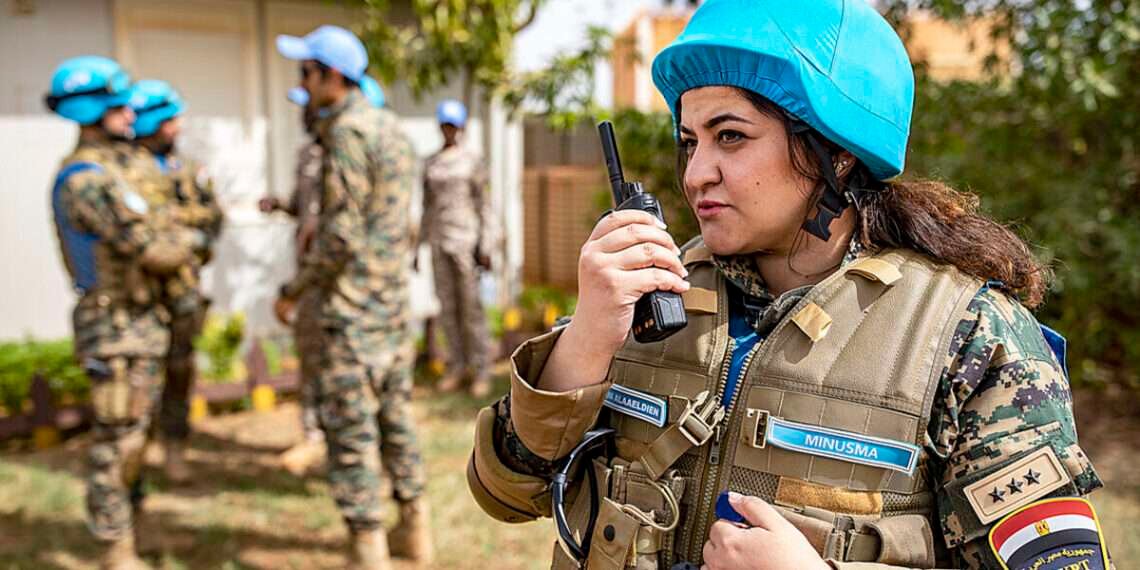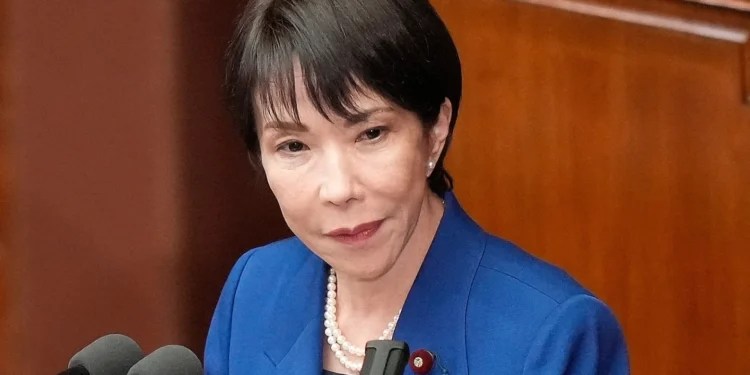In over 75 years, the United Nations has dispatched almost 2 million peacekeepers to assist nations in resolving conflicts. Successes range from Liberia to Cambodia, while notable failures occurred in the former Yugoslavia and Rwanda.
As a result of more violent surroundings, fake news promotions, and a fractured world, it now faces new difficulties in the several regions where U.N. peacekeeping operations are underway. These obstacles are preventing it from achieving its primary goal of peacefully reinstating democratic governments.
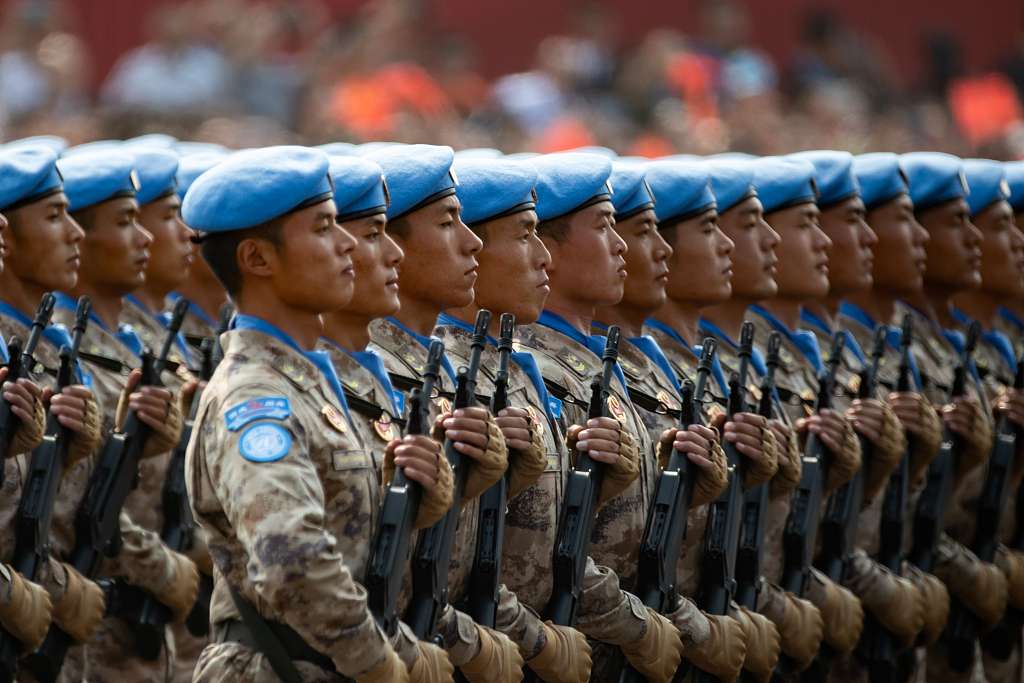
The group would commemorate the International Day of United Nations Peacekeepers, and the 75th anniversary of U.N. peacekeeping. A memorial service would be held to remember over than 4,200 troops, who perished since 1948, when the U.N. Security Council made the momentous choice to dispatch peacekeeping forces to the Middle East to monitor the execution of Israeli-Arab ceasefire accords.
At the Security Council meeting would be the presence of the current commander of that mission, which became the United Nations Truce Supervision Organization.

In a statement, U.N. Secretary-General Antonio Guterres described peacekeepers as “the beating heart of our commitment to a more peaceful world,” acknowledging their assistance to communities around the world, that have been shaken and destroyed by violence and conflicts.
U.N. peacekeeping Missions have increased significantly. Over 11,000 United Nations peacekeepers were deployed at the end of the Cold War in the early 1990s. There were 130,000 in 16 separate peacekeeping missions as of 2014. Currently, 12 conflict zones in Africa, Asia, Europe, and the Middle East have been home to 87,000 men and women.

According to Jean-Pierre Lacroix, head of the U.N. peacekeeping mission, there have been two different sorts of accomplishments. With the help of U.N. peacekeeping, nations like Liberia, Sierra Leone, the Ivory Coast, Mozambique, Angola, and Cambodia, have regained some measure of stability. There are also nations, where peacekeepers have not only observed but also uphold cease-fires, such as southern Lebanon and Cyprus.
Failures Of UN Peacekeeping
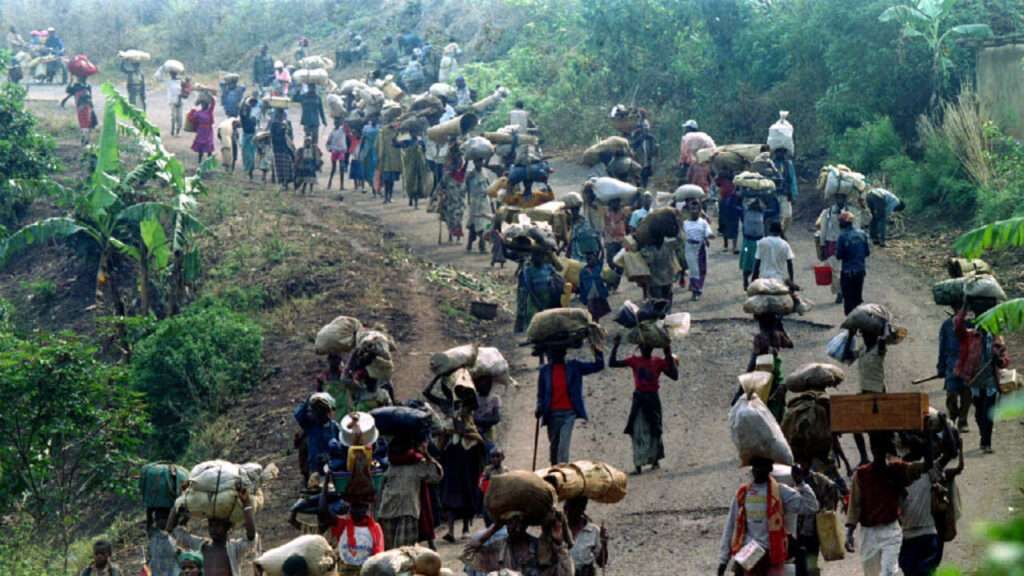
In terms of shortfalls, Jean-Pierre Lacroix cited the U.N. peacekeepers’ inability to prevent the 1994 genocide in Rwanda, that perished over 800,000 ethnic Tutsis and Hutus. Lacroix mentioned the 1995 slaughter at Srebrenica in Bosnia and Herzegovina, which resulted to at least 8,000 deaths, mostly Muslim men and boys. The Srebrenica massacre has been the only recognized genocide in Europe, since the Holocaust during World War II.
Numerous claims that peacekeepers tasked with safeguarding civilians, sexually assaulted women and children, especially in the Central African Republic and Congo. These allegations have damaged the U.N. peacekeeper’s reputation. Another well-known error, has been the 2010 cholera outbreak in Haiti, as a result of sewage spillage from U.N. peacekeepers’ bases introducing the bacterium into the nation’s largest river.
Despite all these challenges, Richard Gowan, the International Crisis Group’s director for the United Nations, noted that “U.N. peacekeeping has a surprisingly decent track record.”
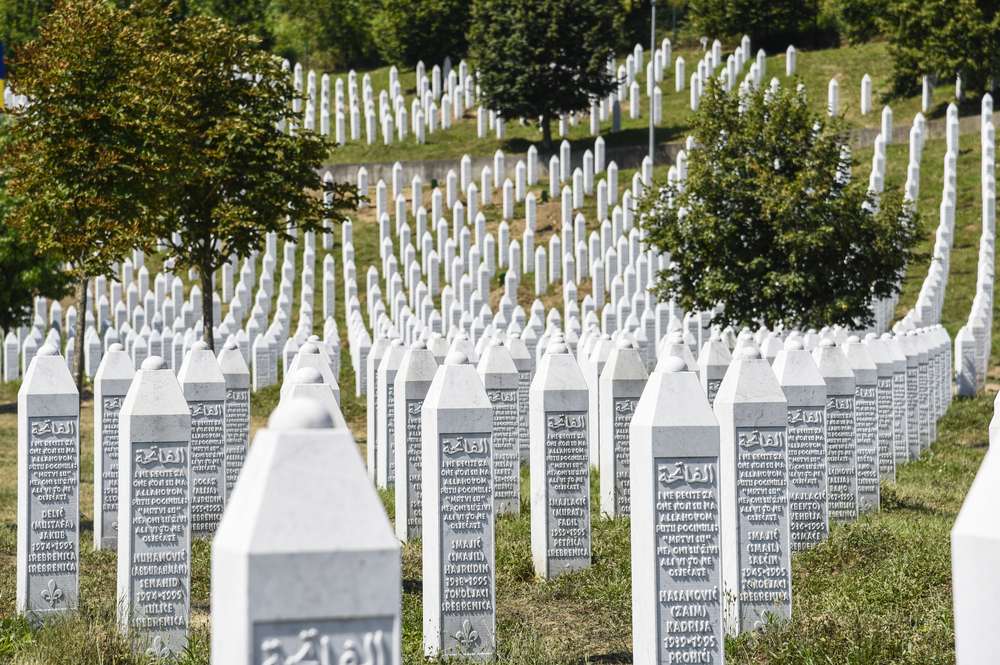
While it’s understandable that, so many people refer to the tragedies in Rwanda and Srebrenica, Gowan commented that “the United Nations has done a good job of tamping crises, protecting civilians, and rebuilding broken states in cases from the Suez crisis in the 1950s to Liberia in the 2000s.”
With regard to the future, the U.N.’s Lacroix explained that, the main obstacle to peacekeeping has been the divided nature of the international community, particularly the U.N. Security Council, which must authorize its operations.
“The result of that is that we’re not able to achieve what I call the ultimate goal of peacekeeping to be deployed, support a political process that moves forward, and then gradually roll down when that political process is completed,” Lacroix noted. “We cannot do that because peace processes are not moving, or they’re not going fast enough,” he added.
Consequently, “we have to essentially be content with what I call the intermediate goal of peacekeeping preserving cease-fires, protecting civilians, we protect hundreds of thousands of them and doing our best, of course, to support political efforts wherever we can,” he explained further.
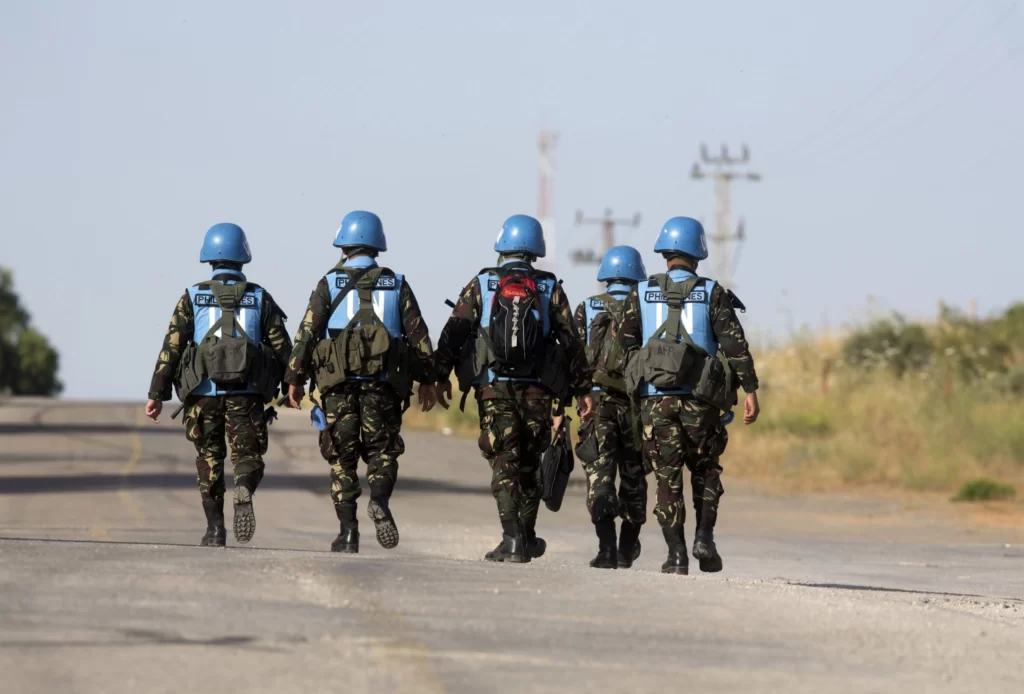
Lacroix mentioned additional difficulties that peacekeepers face, including violent and deadly environment and more sophisticated attacks. Disinformation and fake news “is a massive threat to the population and the peacekeepers.”
“Old and new sources of conflict, such as transitional criminal activity, drug trafficking, the proliferation of weaponry, illegal exploitation of natural resources, and the impact of climate change escalating rivalry between herders and farmers, are all exerting “absolutely massive influence,” he said.
READ ALSO:Opposition Party Loses Appeal Over Election Disqualification In Cambodia

